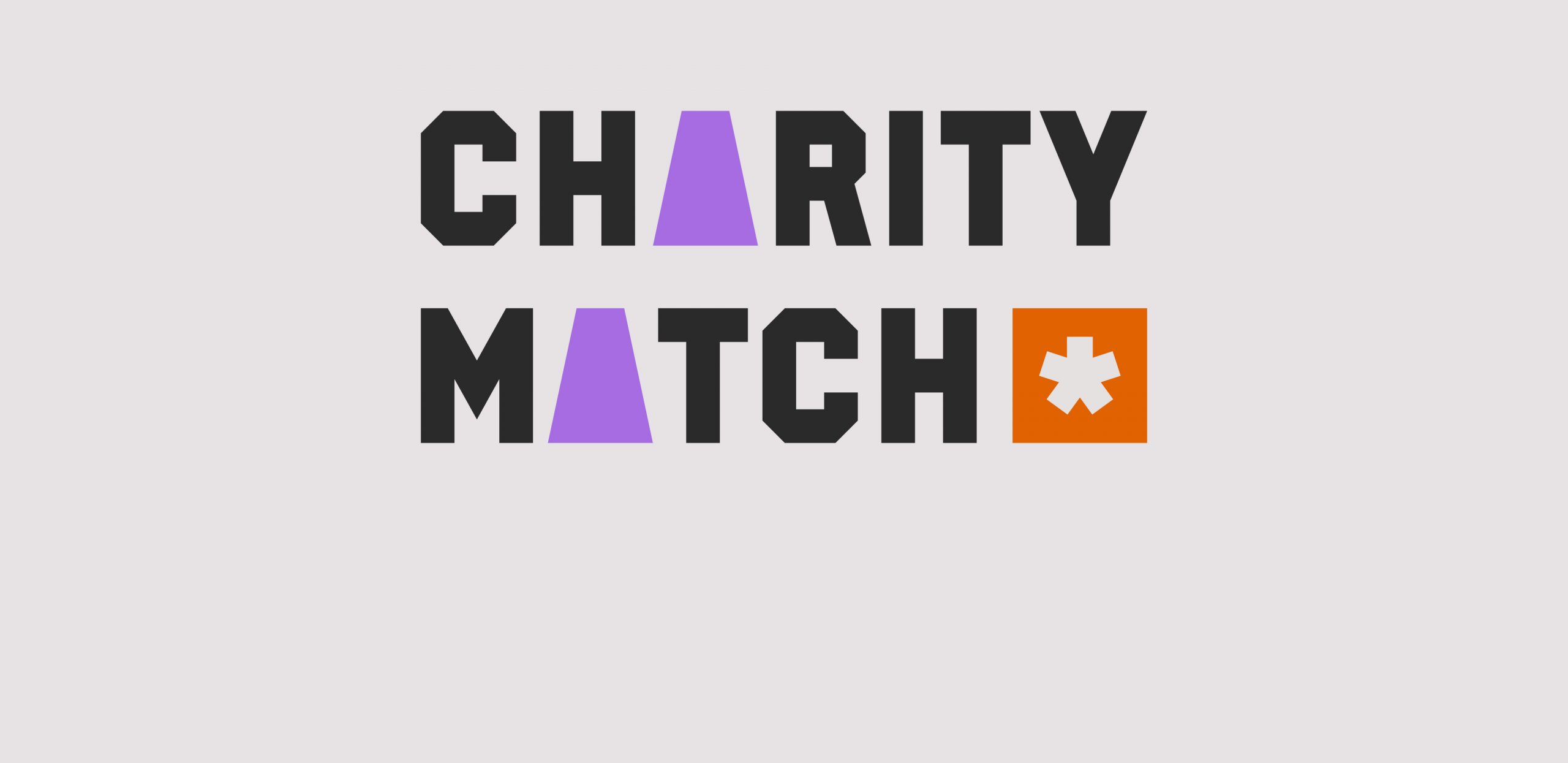
On February 23, we held a team meeting to discuss what Charity Match 2.0 would look like. We planned to shoot new videos, finalize extra materials, and add even more useful content. And we will definitely do it after the Ukrainian victory.
On February 24, the war started, and all the adjustments became irrelevant. The war continues, but we must be a strong rear for our defenders. Our strength is our knowledge. This is why we decided to launch Charity Match 2.0 now.
Charity Match 2.0 is an educational course for non-profit organizations and volunteer initiatives. The program aims to increase knowledge in project management, fundraising, communications, reporting, and participation in grant competitions.
In addition to the already available information, we have supplemented the course with extra materials that are focused on work during the war, including volunteering, and are relevant to the realities of Ukraine today.
We believe that the gained knowledge will make your work more efficient and systematic.
